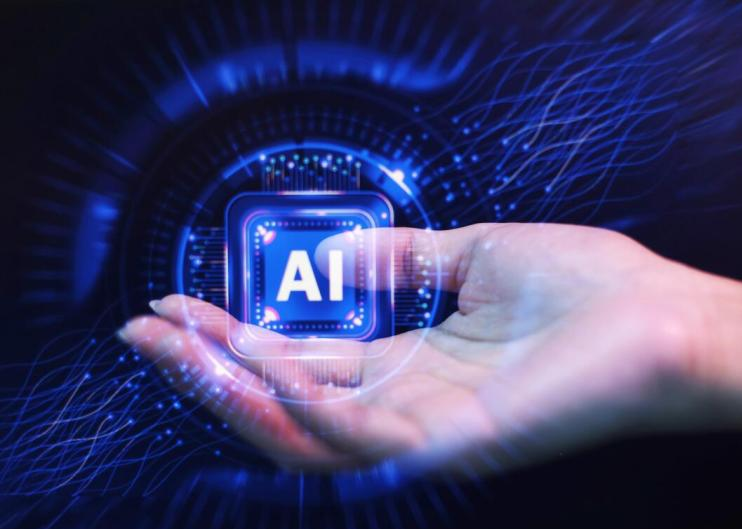
A new study shows that artificial intelligence (AI) may transform the job content of nearly one million positions in London, including about 200,000 telemarketers, 150,000 bookkeepers and 95,000 data entry clerks, among others, which rely on repetitive tasks.
The BBC reported that according to a study by online resume service provider LiveCareer UK, fast food and warehouse workers, retail cashiers, paralegal assistants and proofreaders are also at high risk of exposure.
Consulting firm McKinsey has found that job advertisements for such "high-exposure" positions have decreased by approximately 38% compared to three years ago, and the overall number of job vacancies has also dropped significantly. Research indicates that if entry-level recruitment continues to shrink, enterprises may face a future talent gap.
The camp of companies applying AI is constantly expanding. Amazon, jpmorgan Chase, Microsoft and Ford, among others, all predict that AI will impact jobs. Jim Farley, the CEO of Ford, once asserted that AI would "replace half of white-collar jobs in the United States", using straightforward and astonishing terms.
Because women account for a higher proportion in many vulnerable positions, they also face greater risks. When deploying AI, enterprises should be cautious to avoid unintentionally exacerbating gender inequality. Analysis indicates that employees should proactively communicate with their superiors and consider how to complement AI instead of passively waiting to be replaced.
However, the trend of AI changing jobs is not simply a matter of "humans being replaced by machines", as cases in the medical field show that AI can also serve as an auxiliary tool rather than a pure replacement.
The pharmacy of Queen Elizabeth Hospital in London has adopted robots to assist in dispensing medicine and combined AI to optimize the drug distribution process. Pharmacies work in collaboration with clinical staff, and AI uses data to establish medication patterns, helping hospitals stock up on necessary equipment in advance during periods such as the flu season. Pharmacist Rachel Knight said that the hospital dispenses about 400,000 drugs annually, and it is almost impossible to manually identify complex distribution patterns. The addition of AI not only improves work efficiency but also enhances patient medication safety.
The British government has incorporated AI into the 10-year development strategy of the National Health Service (NHS), which includes training staff to understand the functions and applications of AI. Experts stress that AI mainly takes over "monotonous and repetitive" tasks. If risks can be detected earlier, it will lead to better long-term treatment outcomes. She believes that the NHS's focus is not on layoffs but on having its staff take on different roles within the organization through upskilling.

According to Bloomberg, a recent in-depth interview with Michael Dehal, senior portfolio manager at Raymond James' Dehal Investment Partnership, was released, focusing on the economic development prospects and potential risks of Canada and the United States in 2026.
According to Bloomberg, a recent in-depth interview with Mi…
TikTok Shop, the global e-commerce platform under ByteDance…
As a severe flu outbreak sweeps across the United States, w…
Recently, US Treasury Secretary Mnuchin publicly stated tha…
At the dawn of 2026, the United States launched a military …
From the stiff step when it first debuted in 2022 to demons…